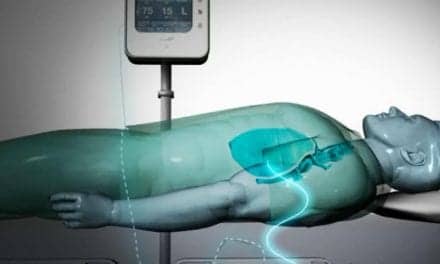Clinical
by Megan Brooks
Last Updated: 2009-09-09 17:16:01 -0400 (Reuters Health)
Sleep disorders are a common and under-recognized problem for children and adolescents with non-dialysis-dependent chronic kidney disease (CKD), results of a study indicate.
Sleep disorders are common in adults with CKD, but "pediatric data are scarce," Dr. Rajiv Sinha, of University of British Columbia, Vancouver, noted by email to Reuters Health.
In a prospective study conducted at Children’s Hospital in British Columbia, Dr. Sinha and colleagues characterized the prevalence and type of sleep disturbances in 49 non-dialysis-dependent children and adolescents between 6 and 18 years old (median age, 14 years).
The cohort included 19 kidney transplant recipients with stable graft function, because such patients are also considered to have CKD. The other children were all waiting for transplants.
The study team used a validated pediatric sleep questionnaire to assess sleep disordered breathing, restless leg syndrome/paroxysmal leg movement, insomnia, and excessive daytime sleepiness.
"We found that over a third (37%) of our study population…were likely to be suffering from sleep disorders," Dr. Sinha told Reuters Health.
In the September issue of the Archives of Pediatrics and Adolescent Medicine, the research team reports that 40% of children waiting for transplant and 32% of the transplant recipients had a sleep disorder.
Restless leg syndrome/paroxysmal leg movement was the most common type of sleep disorder identified, affecting 27% of the non-transplant group and 32% of the transplant group. There was no connection between stage of CKD and prevalence of sleep problems.
"The high incidence of sleep disorders in the pediatric CKD population…emphasizes the need to query for symptoms at routine clinic visits," the researchers conclude.
Larger studies, Dr. Sinha added, are needed to confirm the findings "as well as to see whether early identification and proper intervention leads to an improved quality of life among children with CKD."
Arch Pediatr Adolesc Med 2009;163:850-855.


